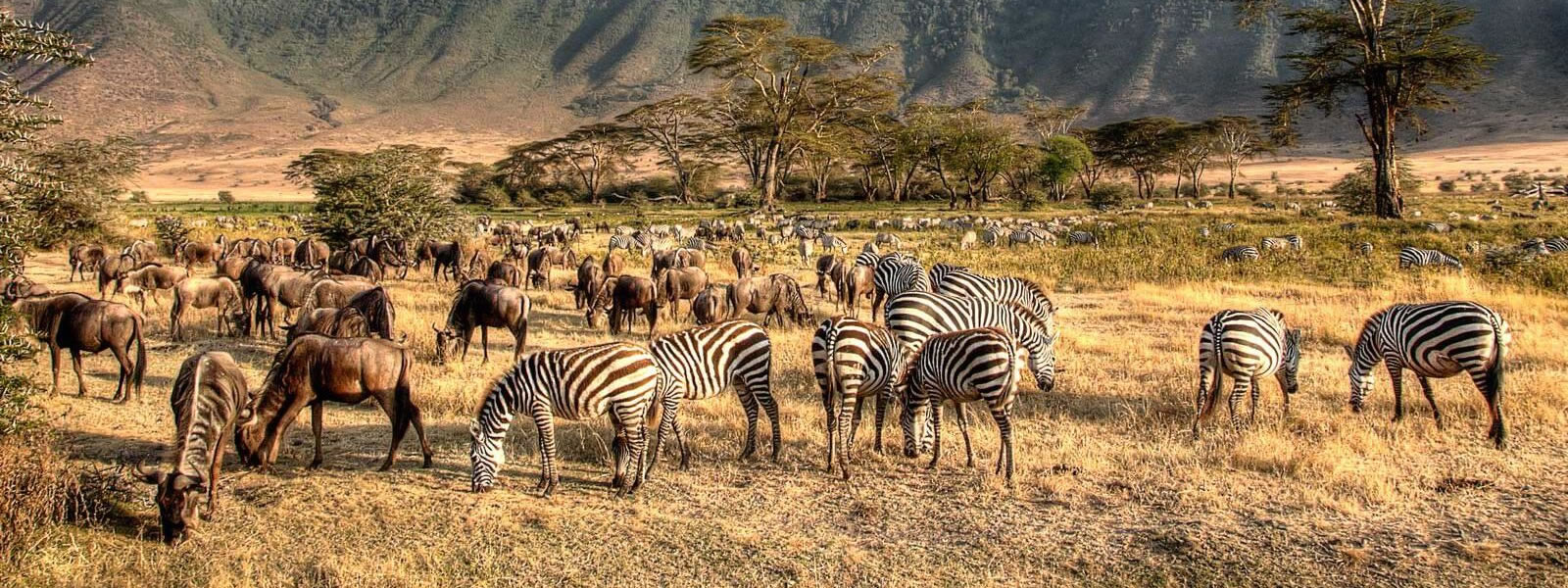
Shimba Hills National Reserve is a protected area located in the Kwale County of Kenya. It covers an area of 230 km2 and is home to a wide variety of wildlife. The reserve is known for its lush green forests, grasslands, and a variety of habitats that make it a popular destination for tourists and researchers alike. Here, we explore the reserve’s wildlife, and the ways in which it can be visited and conserved.
Overview of Shimba Hills National Reserve
Shimba Hills National Reserve is situated in the south of Kenya, close to the coast. It is part of the coastal lowlands and is surrounded by the Indian Ocean to the east, Mombasa to the south, and the Taita Hills to the west. The reserve is a haven for wildlife, with its varied habitats providing shelter and food for a wide range of species. It is home to over 300 species of birds, as well as antelopes, zebras, leopards, and elephants. The reserve also has an abundance of plant life, with over 500 species of trees and shrubs.
Wildlife of Shimba Hills
The Shimba Hills National Reserve is home to a diverse array of wildlife. The most common animals found in the reserve are antelopes, zebras, wildebeest, and elephants. Other animals such as leopards, bushbucks, hyenas, and buffalos can also be spotted in the reserve. In addition, the reserve is home to over 300 species of birds, including the rare African Fish Eagle and the Vulturine Guineafowl. The lush green forests of the reserve provide shelter and food for these animals, making it an ideal habitat for them.
Visiting Shimba Hills
The Shimba Hills National Reserve is open to visitors all year round. There are several ways to explore the reserve, including safaris, game drives, and guided walks. Visitors can also enjoy a variety of activities such as bird watching, fishing, and camping. The reserve also offers accommodation options such as lodges, campsites, and self-catering facilities.
Conservation of Shimba Hills
The Shimba Hills National Reserve is managed by the Kenya Wildlife Service and is a protected area. The reserve is committed to conservation and has implemented a number of measures to protect its wildlife and habitats. These measures include the control of poaching, the establishment of anti-poaching units, and the implementation of conservation programs. The reserve also works with local communities to promote sustainable tourism and promote conservation awareness.
The Shimba Hills National Reserve is a unique and beautiful protected area in Kenya. It is home to a wide variety of wildlife, and provides visitors with the opportunity to explore its diverse habitats. The reserve is also committed to conservation and works with local communities to promote sustainable tourism and conservation awareness.
